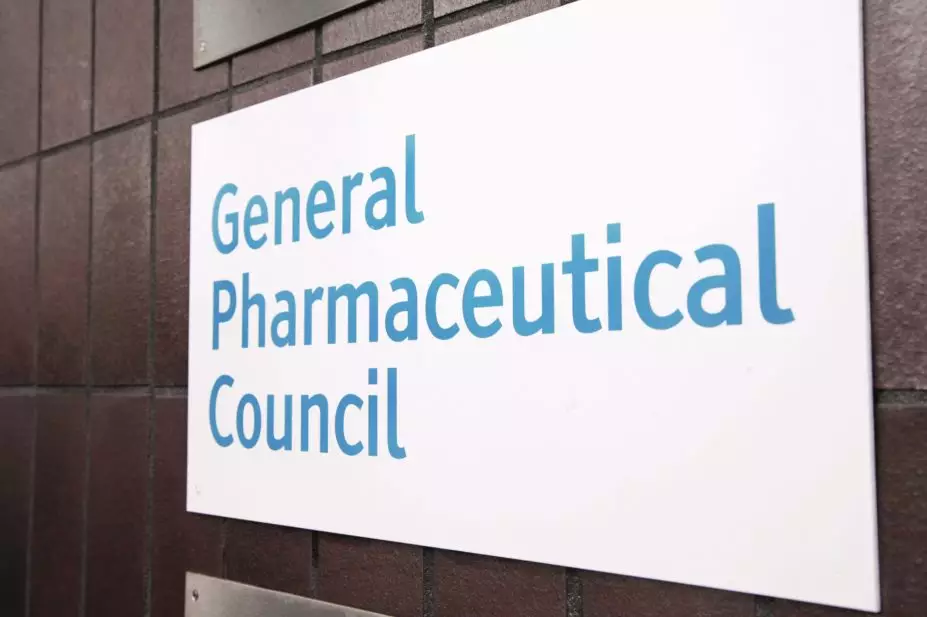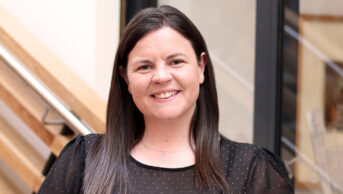
General Pharmaceutical Council
Prospective pharmacy students would be called for face-to-face interviews to gauge their suitability for a pharmacist role, under proposed changes to initial education and training standards by the General Pharmaceutical Council (GPhC). The proposals will go out for consultation in January 2019.
Under the revised standards, interviews would be mandatory for all applicants: including those making their applications through the clearing process. The proposals would, the GPhC said, allow for the use of Skype or Facetime interviews for prospective students who are unable to attend in person.
The proposed revisions to the education and training standards would put a greater emphasis on pharmacists’ ability to communicate with patients, the general public and colleagues in multidisciplinary teams: a skill the regulator says will be increasingly important as more pharmacists move into patient-facing diagnostic roles.
The proposed changes were included in papers circulated at the GPhC’s council meeting on 8 November 2018. The regulatory body says that the existing standards, introduced in 2012, need updating to reflect the “rapidly evolving nature of pharmacy practice”.
In another nod to the greater focus on clinical and communication skills, the GPhC also wants to see more integration between academic study and workplace experience. It says there should no longer be separate standards for the four-year MPharm and for the pre-registration year. Instead, a single set of revised standards would combine learning outcomes for both over a five-year period. This, they said, would bring pharmacy in line with other healthcare professions.
Under the proposed revisions, the GPhC would not tell universities how they should integrate study and workplace learning: this, they said, is not the role of the regulator. Instead it would be for schools of pharmacy and employers themselves to determine when the 52 weeks of “experiential learning” are carried out. The University of Nottingham already offers a five-year degree programme with a fully-integrated preregistration year, and the first cohort — all of whom were international students — graduated in August 2017.
Under the revised proposals, science would remain of “critical importance” as the underpinning feature of initial pharmacy education and training. But the GPhC wants to see students spend more time learning to apply scientific knowledge in practice.
The GPhC also proposes more emphasis on consultation and physical examination skills. It said these will prepare students for the prospect of becoming pharmacist independent prescribers
The regulator also has plans to require course providers to conduct annual reviews of student admissions and performance by protected characteristics, as defined by the Equality Act 2010. Where differences in performance in protected groups are identified, the body expects to see evidence of action taken to address those differences. Recent figures from the GPhC showed that black African trainees had the lowest pass rate for the pre-registration exam, and also uncovered differentials in performance by sex and age of candidates.
During the council meeting, at which the proposals were introduced, a number of small amendments to the consultation document text were discussed. The GPhC told The Pharmaceutical Journal that “consideration will now be given on taking these forward”.
Duncan Rudkin, chief executive of the GPhC, said that the standards need to be revised in response to the rapidly changing face of pharmacy practice, and to help prepare future pharmacists. “We will be proposing a much stronger link between academic study and workplace experience during the five years of initial education and training”, Rudkin said, and added that he ”would encourage everyone to let us know their views on our proposals”.
Gail Fleming, director of education at the Royal Pharmaceutical Society (RPS), said the Society welcomed the consultation. “Pharmacists now and in future will be working in multidisciplinary teams in a range of settings caring for patients with more complex medicines and multiple morbidities,” she said.
“To fulfil their potential we need to optimise the initial education and training experience.
“We welcome the debate on admissions to pharmacy degrees, including the importance of equality and diversity and appropriate values”.
Fleming added that the outcome of the consultation “will be important for the newly established Education Governance Oversight Board, and its deliberations on future Foundation Pharmacist training”.


